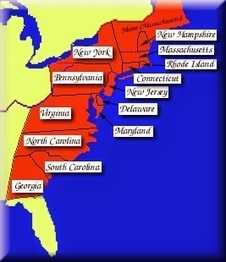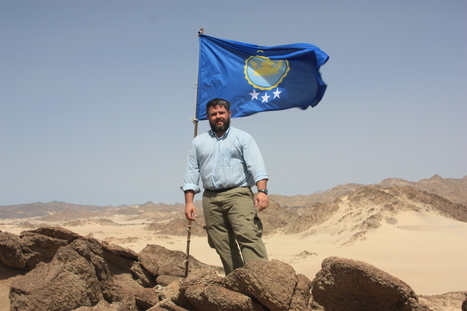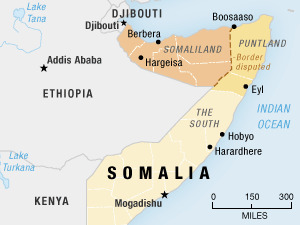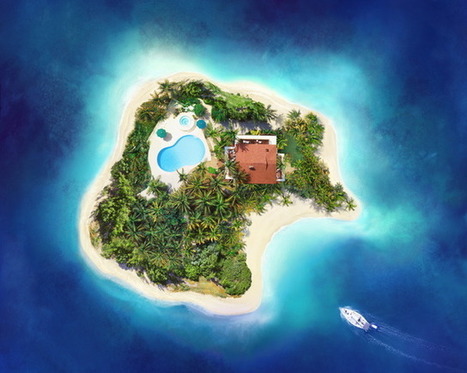"As you already know, America FOUGHT, America WON! her independence on July 4, 1776 but what do you know about September 9, 1776?
Today's History Lesson...United States
From a cluster of colonies, thirteen to be exact, a country was born. Independence had been declared in July and up until that day in 1776, the New World was referred to generally as the "United Colonies". A resolution had been approved on July 2 "That these United Colonies are, and of right ought to be, free and independent States…." This statement also appearing in the middle of the closing paragraph of Jefferson's edited Declaration of Independence, was adopted on July 4, 1776. The key words ought to be set the stage for the change in name from colonies to states.
This Day in History: September 9, 1776"
Via Sharla Shults



 Your new post is loading...
Your new post is loading...
































